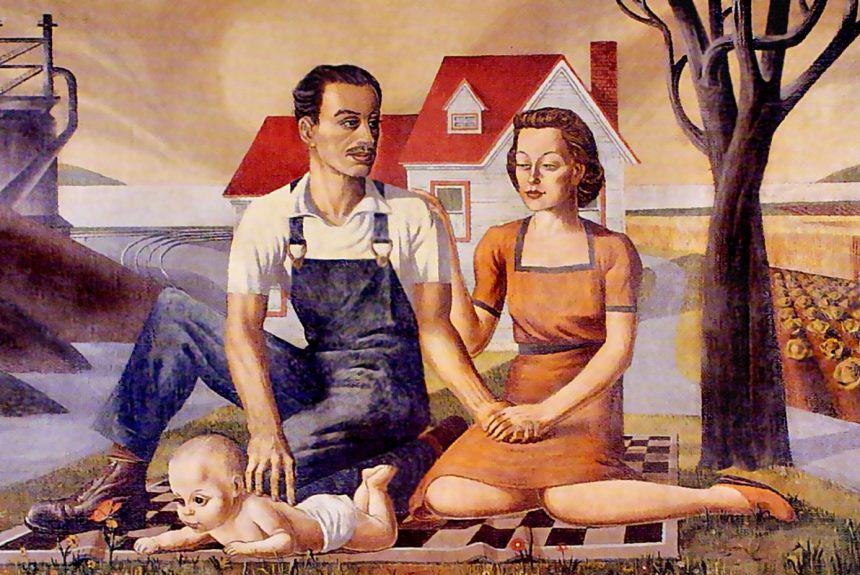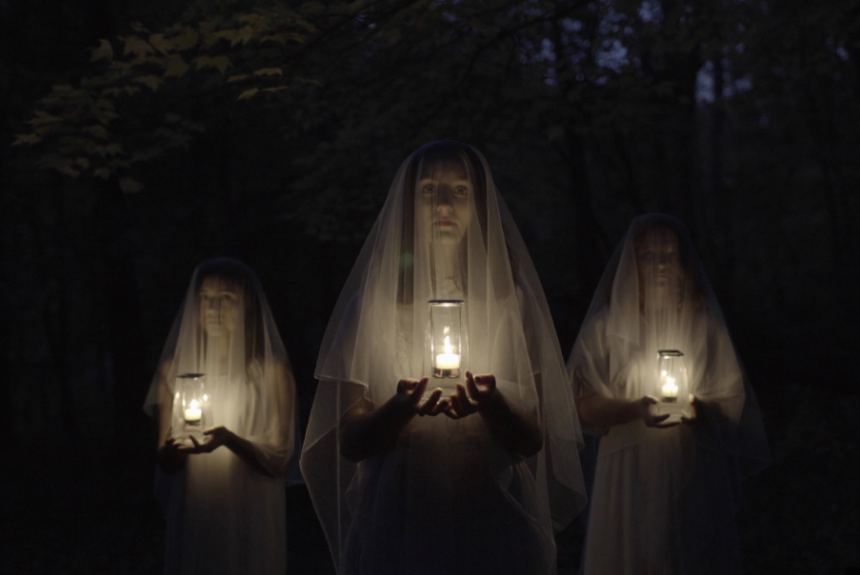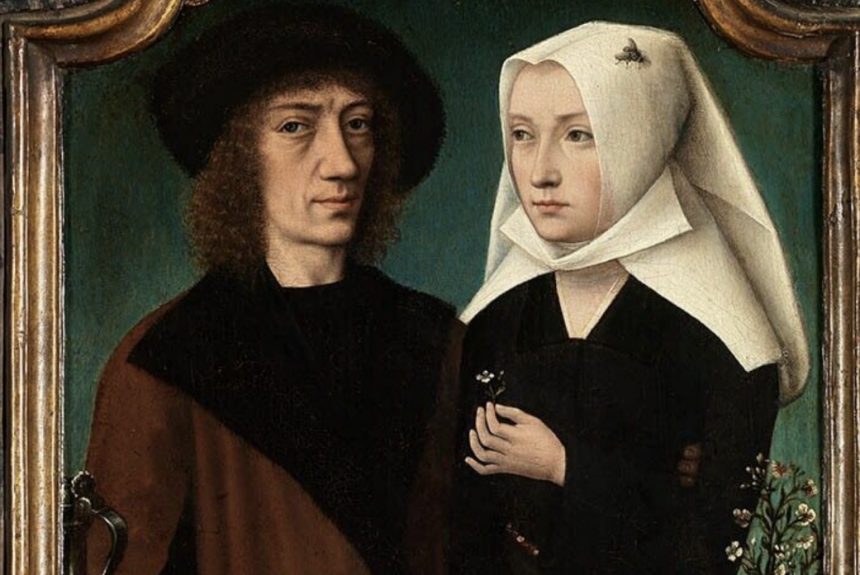Created in 1861, the Confederate battle flag is widely considered the most recognisable symbol of the Confederacy. This collective, initially formed of seven southern states, fought against the Union, which mostly consisted of northern states in the American Civil War. It is largely accepted that the issue of slavery lay at the heart of this conflict, with the North promising to emancipate all enslaved people and the South in vehement opposition. Therefore, by the end of the war in 1865, which the South lost, the Confederate battle flag had a well-established association with pro-slavery ideology, and more broadly, white supremacy and racial hatred.
However, given the catastrophic nature of the South’s loss, there were many who sought to rewrite the confederacy’s narrative, emphasising poor odds, bravery and a profound sense of loss. It is here that the Confederate battle flag’s transformative journey from pro-slavery iconography to symbol of rebellion and political reactionaries began. From the roof of the Hazzard boys’ car to the steps of the US Capitol building, the Confederate flag and its legacy demonstrates the power of narrative and popular culture.
Please, note:
- the total duration of the event is 1h (~50mins lecture and 10mins Q&A)
- the talk doesn’t require any prior training and anyone can join
- This event will be recorded: the video will be available in 3-5 days after the talk
- Guests can access all videos at a small fee; videos for members are free of charge
- if you wish to become a member – please, learn about our membership plans
Sorry, this event has ended.
To register for new events, please, check our Schedule.

SPEAKER – ISABEL GILBERT
Isabel is a lecturer in Criminology at the University of Worcester. She has previously worked in the heritage sector and as a freelance historian, specialising in colonial legacies and interpretation. Isabel is reaching the end of her PhD, which emphasises the relationship between interpretation of history and inequality in contemporary society. Her research interests include the transatlantic trade in enslaved peoples, reactionary politics, symbolism in popular culture and social justice.





Leave a Reply